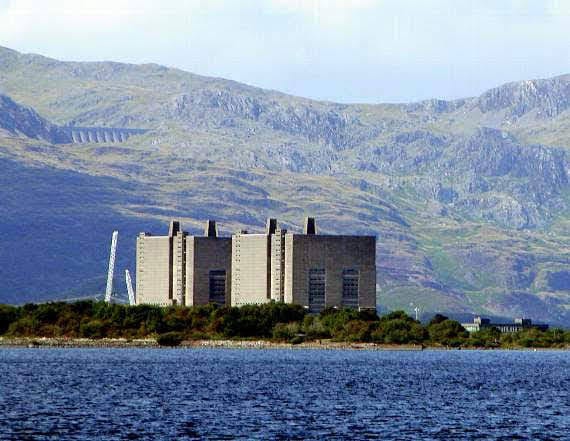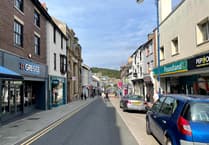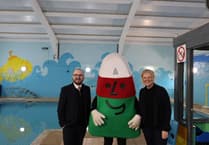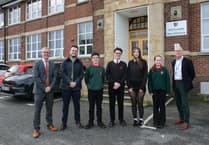Eight members of the Committee on Radioactive Waste Management (CoRWM) visited Trawsfyndd on 13 September to see how radioactive wastes were being managed there and how its experience could be factored into preparations for transferring nuclear wastes into a geological disposal facility (GDF).
The visit, facilitated by James Gibbs, CoRWM’s point of liaison with Welsh Government, also included representatives from Welsh Government and Natural Resources Wales.
CoRWM provides independent scrutiny and transparent advice to the UK governments on the long-term management of higher activity radioactive wastes.
Trawsfyndd is a ‘lead and learn’ site for decommissioning techniques, and is also mooted as a preferred future location for one or more small modular reactors.
A detailed briefing in the intermediate level nuclear waste store (ILW) offered useful insights for storage chambers in the future GDF and especially how they would need to be actively managed during early storage periods.
Similarly, informative were visits to the active waste vault and a fuel element debris processing unit.
Thinking also seemed to be at an early stage about the movement of ILW containers to the GDF, with little examination yet of the use of waterborne or rail links (as preferred in the National Policy Statement and used for the site’s original construction), rather than roads, some in a national park. Could there be potential savings from joint use of transport links with any new reactor projects on the site?
Useful lessons were evident for GDF about balancing architectural attractiveness with long-term durability and maintenance costs, especially in areas of above average rainfall such as Snowdonia.
A CoRWM spokesperson said: “The warmth, competence and team spirit at the site was highly evident, though always combined with rigorous safety and security standards.
“Especially helpful to our visit were David Cabrera, the technical manager for the Reactor Dismantling Programme, Tom Williams and Rhys Jones. We were grateful for Magnox’s hospitality at lunch, including an introduction for many of us to delightful Radnor water.
“Our pronunciation of the site name improved during the visit, but needs more work.”





Comments
This article has no comments yet. Be the first to leave a comment.